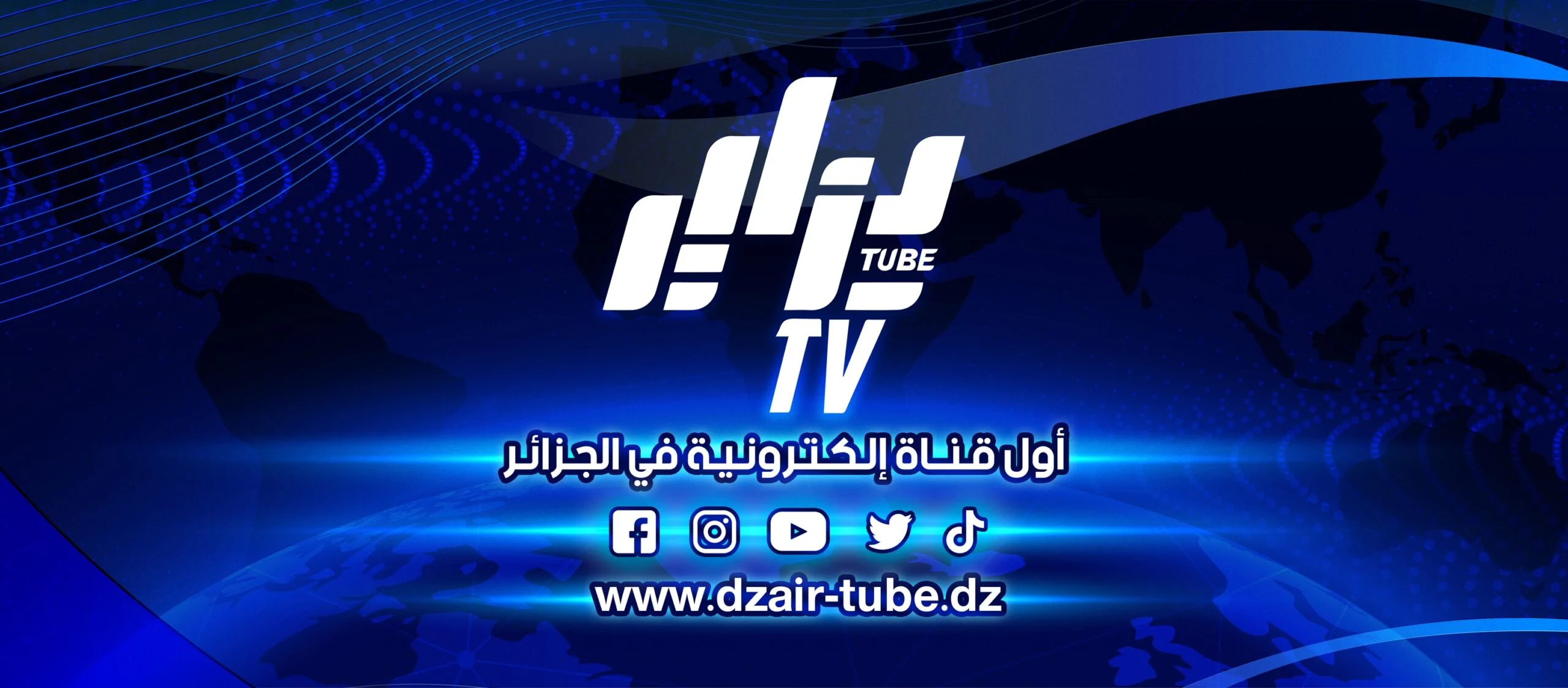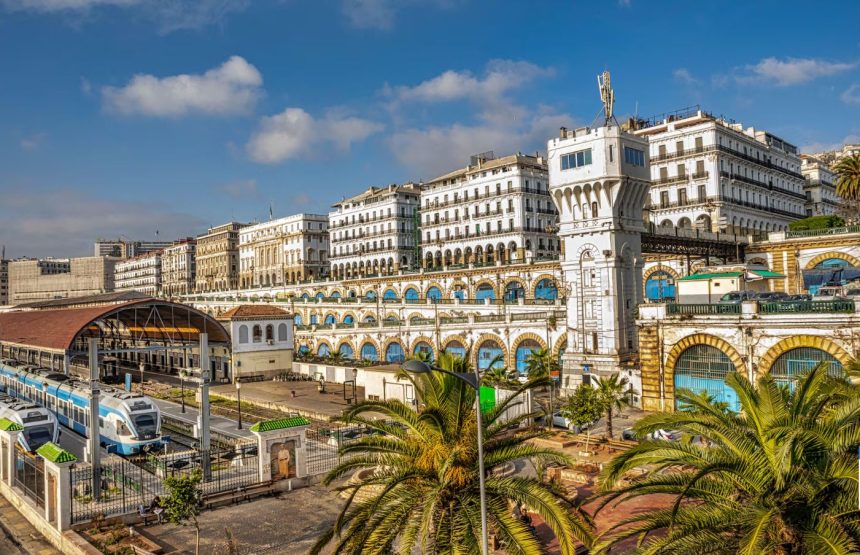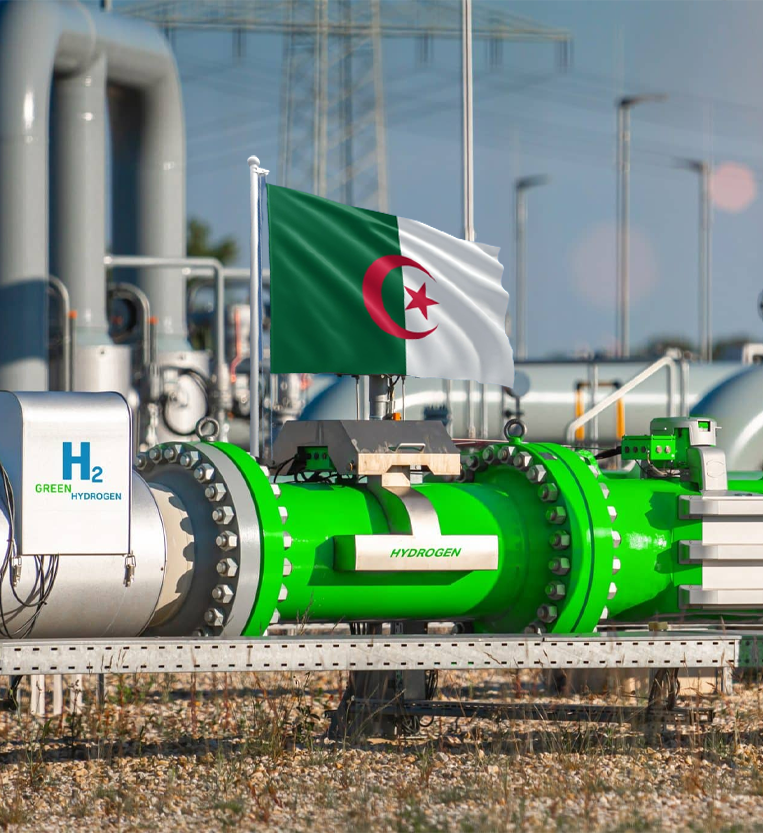✍️ BY: Dr. Hana Saada
─────────────◆─────────────
Algiers, Algeria | June 3rd, 2025 — In a significant policy reaffirmation, the official website of the United Kingdom government has declared the UK’s unwavering commitment to supporting a durable, mutually agreed solution to the Western Sahara conflict, firmly anchored in the framework of the United Nations-led process.
As the protracted territorial dispute nears its 50th anniversary, the British government emphasized the urgency of seizing this moment in history to push for a permanent resolution—one that not only ends decades of stagnation but also guarantees a better and more just future for the Sahrawi people.
Sneak peek into Western Sahara cause
Western Sahara, noteworthy, is a Non-Self-Governing territory of the UN that lies in the Sahel region bordered by Algeria, the Kingdom of Morocco, and Mauritania. This territory is home to the Sahrawis, a collective name for the indigenous peoples living in and around the region. They speak the Hassaniya dialect of Arabic. Similarly, many others also speak Spanish as a second language due to the region’s colonial past.
Western Sahara has been on the decolonization agenda of the UN and AU for more than fifty years. In 1963, Western Sahara was included on the list of non-self-governing territories under Article 73 of the UN Charter and UN General Assembly Resolution 1514 (XV) of 1960 on the Granting of Independence to Colonial Countries and Peoples.
On November 6, 1975, Morocco launched the so-called ‘Green March,” a march of 350,000 Moroccans, a number four times the size of the Sahrawi population back then, into the territory of Western Sahara.
According to Adala UK, on that day, Morocco organized what it called a “Green March” to officially invade the north of Western Sahara, moving 350,000 Moroccan settlers to the territory. This occupation coincided with the termination of Spain’s status as an administrative power, creating a vacuum that forced the UN to assume its responsibility there.
Subsequently, the UN Security Council deplored the holding of the march, calling upon Morocco to immediately withdraw all the demonstrators from the territory of Western Sahara; however, its effort was in vain.
The Polisario Front liberation movement continued its struggle to end all foreign occupation of its country and, in 1976, formed a government-in-exile and declared the Saharawi Arab Democratic Republic. In November 1984, the Polisario Front’s SADR was recognized by the then Organization of African Unity (OAU), now the African Union (AU), which led to the withdrawal of Morocco from the OAU in protest. In May 1991, the Polisario Front and Morocco ended many years of fighting following an UN-sponsored peace settlement, culminating in the establishment of the UN Mission for the Referendum in Western Sahara (MINURSO), which is assuming its responsibility till today.
Despite a 1991 cease-fire that put an end to armed combat, Western Sahara remains a disputed territory. Nowadays, Morocco controls parts of the territory. However, the United Nations refers to Western Sahara as a non-self-governing territory and maintains a stance favoring self-determination for its people.
The UN body is attaching great interest to the Saharawi cause, expressing willingness to find a solution ensuring the self-determination of the Sahrawi people in accordance with the relevant resolutions of the Council.
After almost 30 years of compliance with a 1991 ceasefire, Morocco and the Polisario Front have resumed war in Western Sahara, as Morocco torpedoed the 1991 ceasefire through its act of aggression on the Saharawi Liberated Territories on November 13, 2020.
The Moroccan new act of aggression has not only ended the ceasefire and related military agreements but has also undermined the UN peace process in Western Sahara and plunged the region into another spiral of extreme tension and instability.
Both the UN Secretary-General and the Security Council have confirmed the breakdown of the 1991 ceasefire on November 13, 2020. In his report (S/2021/843; para 2) dated October 1, 2021, the UN Secretary-General acknowledged, among other things, “the resumption of hostilities” between the occupying state of Morocco and the Frente Polisario. For its part, in its resolution 2602 (2021), adopted on October 29, 2021, the Security Council noted “with deep concern the breakdown of the ceasefire” (PP 14).
The acknowledgment by both the UN Secretary-General and the Security Council of the breakdown of the 1991 ceasefire and the realities on the ground render any attempt to deny or underplay the seriousness of the current situation in MINURSO’s area of operation unacceptable and even misleading at a time when the occupying state of Morocco continues its aggression on the Sahrawi Liberated Territories and its deliberate targeting and killing of civilians and destroying their properties.
The final status of the state of Western Sahara will only be settled when a UN-supervised referendum is held in which the country’s inhabitants exercise their legitimate right to self-determination.
For Algeria, the defender of the colonized peoples worldwide, Western Sahara is a question of decolonization between the Polisario Front and the Kingdom of Morocco, given that this territory is inscribed on the list of non-self-Governing territories pending the implementation of the historic resolution 1514 of the General Assembly, which establishes the right of colonized peoples to self-determination and independence, and Algeria will always remain a peace patron at the regional and international levels. Algeria has always reiterated its keenness to continue to support the Saharawi people in realizing their right to self-determination and independence, considering this firm position as an international obligation, and Algeria will always assume its role as negotiations’ supervisor.

📡🌍 | About Dzair Tube Media Group | 🌍📡
━━━━━━━━━━━━━━━━━━━━━━━━━━━━━━━
📰 Dzair Tube is a trailblazer in Algerian digital journalism, delivering high-quality content in Arabic, French, and English. With more than 📈 500,000 daily clicks, it ranks among the most influential media platforms in the country.
🏆 Awarded the President of the Republic’s Prize for Professional Journalist in the Electronic Press category (🗓 October 22, 2022), Dzair Tube is widely recognized for its editorial excellence and integrity.
📱 Massive Digital Reach:
🔴 350,000+ YouTube subscribers
🔵 6 million+ followers across Facebook pages
📸 450,000+ Instagram followers
🎥 Operating from state-of-the-art studios, Dzair Tube broadcasts rich and diverse programming, including:
🗞 News | ⚽ Sports | 🎭 Entertainment | 🕌 Religion | 🎨 Culture
🗣️ Featuring interactive talk shows and exclusive interviews with prominent figures from politics, business, arts, and more, Dzair Tube serves as a key platform for public discourse and civic engagement.
📰 Its print sports daily, “Dzair Sport,” enjoys over 50,000 daily downloads via the official website—further cementing the platform’s multimedia leadership.
🎖️ Honored with the Media Leadership Award by the former Minister of Communication, Mohamed Laâgab, and celebrated at the Hilals of the Television awards, Dzair Tube continues to lead with innovation, influence, and impact.
━━━━━━━━━━━━━━━━━━━━━━━━━━━━━━━
🌐 Stay Connected:
🔗 Website: www.dzair-tube.dz
🔗 English: www.dzair-tube.dz/en
📲 Follow us on Facebook | Instagram | YouTube
━━━━━━━━━━━━━━━━━━━━━━━━━━━━━━━




